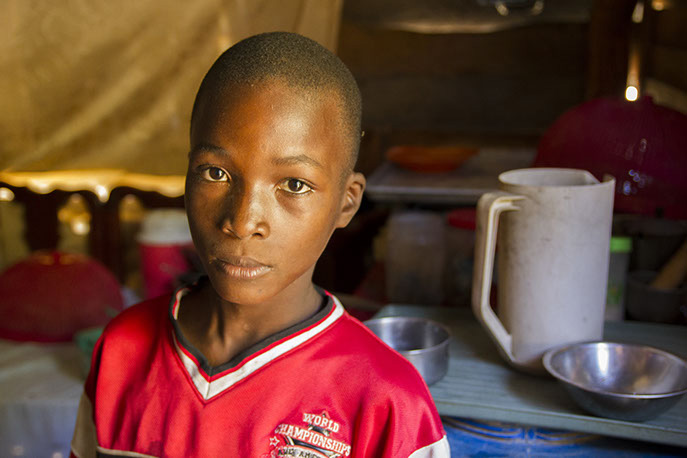Why is Human Trafficking So Difficult to Stop?
It seems like there have never been so many ways to stop human trafficking. Awareness of human trafficking is at its all time high. Legislation and protocol against it have also increased. And yet, in the last United Nations report on human trafficking, the number of people being trafficked appears to be going up.
So what’s happening?
No one knows for sure. All anyone seems to know definitively is that human trafficking is an insidious practice, one that is incredibly hard to crack down on. This article looks at some of the complexities that make human trafficking so hard to stop. The objective isn’t to offer solutions, but rather outline some of the obstacles in the way of effectively dealing with the issue of human trafficking.
The international scale of human trafficking makes it difficult to even wrap one’s mind around. Human trafficking in the U.S. looks different than human trafficking looks in Uganda. Understanding the many nuances of how this crime takes place in different countries is both vital to solving the problem and extremely difficult.
The nature of the crime also depends greatly on what kind of trafficking is taking place. Sex trafficking is different than trafficking humans for labor, and both are different than trafficking for the purpose of harvesting organs. Understanding and dealing with these differences is extremely important.
And, as already mentioned, trafficking is a crime that often takes place across borders. The international nature of the crime is not only difficult to comprehend, it leads to further complications in prosecuting traffickers. This is because it usually takes place in more than one country.
In 2000, the United Nations ratified a protocol on the trafficking of persons (UN). This protocol was an attempt to create international guidelines for how human trafficking should be handled throughout the world. It called for the countries who ratified the protocol to pass laws prohibiting human trafficking in their countries.
So far, 61 countries have laws concerning human trafficking (UN). Encouraging more countries to pass legislation has worked, in the sense that it has ended in more countries passing legislation.
Do You Want to Fight Human Trafficking?

A gift of ANY AMOUNT can help protect vulnerable women and children and prevent trafficking before it begins!
But Have the Laws Actually Helped Stop Trafficking?
Unfortunately, laws are useless unless enforced. Although the number of laws about human trafficking have gone up worldwide, the number of human traffickers who are prosecuted hasn’t. After the passing of so much legislation around human trafficking, one would assume that the number of traffickers convicted would go up.
Right?
Sadly, no. In the 2014 UN report, they found that from a global perspective, not much had changed. The report stated that “Globally, the number of convictions per 100,000 population [in 2010-2012] remained basically unchanged in comparison to the 2007-2010 period (0.1 per 100,000 population)” (UN) And, 40% of countries report less than 10 convictions a year (UN).
For a crime with as many instances as human trafficking, that’s incredibly low. Human trafficking is definitely still happening, so a low number of convictions suggests that these countries aren’t doing much to stop trafficking within their borders.
Human trafficking is complex, and a lot of work has been put into trying to stop this horrible crime. But it’s clear that the answer to stopping it hasn’t been found yet. It does seem that for anything to change, the laws that have been put into place need to be enforced by their respective governments. And in the absence of successful legislation on human trafficking, it seems clear that entities outside of governments are necessary to be successful in this battle.
Traffickers prey on the most vulnerable in communities, and organizations like Kinship United care for those who are most vulnerable to this exploitation. Effective, enforced laws are necessary and important, but efforts from organizations like Kinship United can work to stop trafficking before it even begins.
Works Cited: Global Report on Trafficking in Persons 2014. Rep. United Nations, Nov. 2014. Web.





